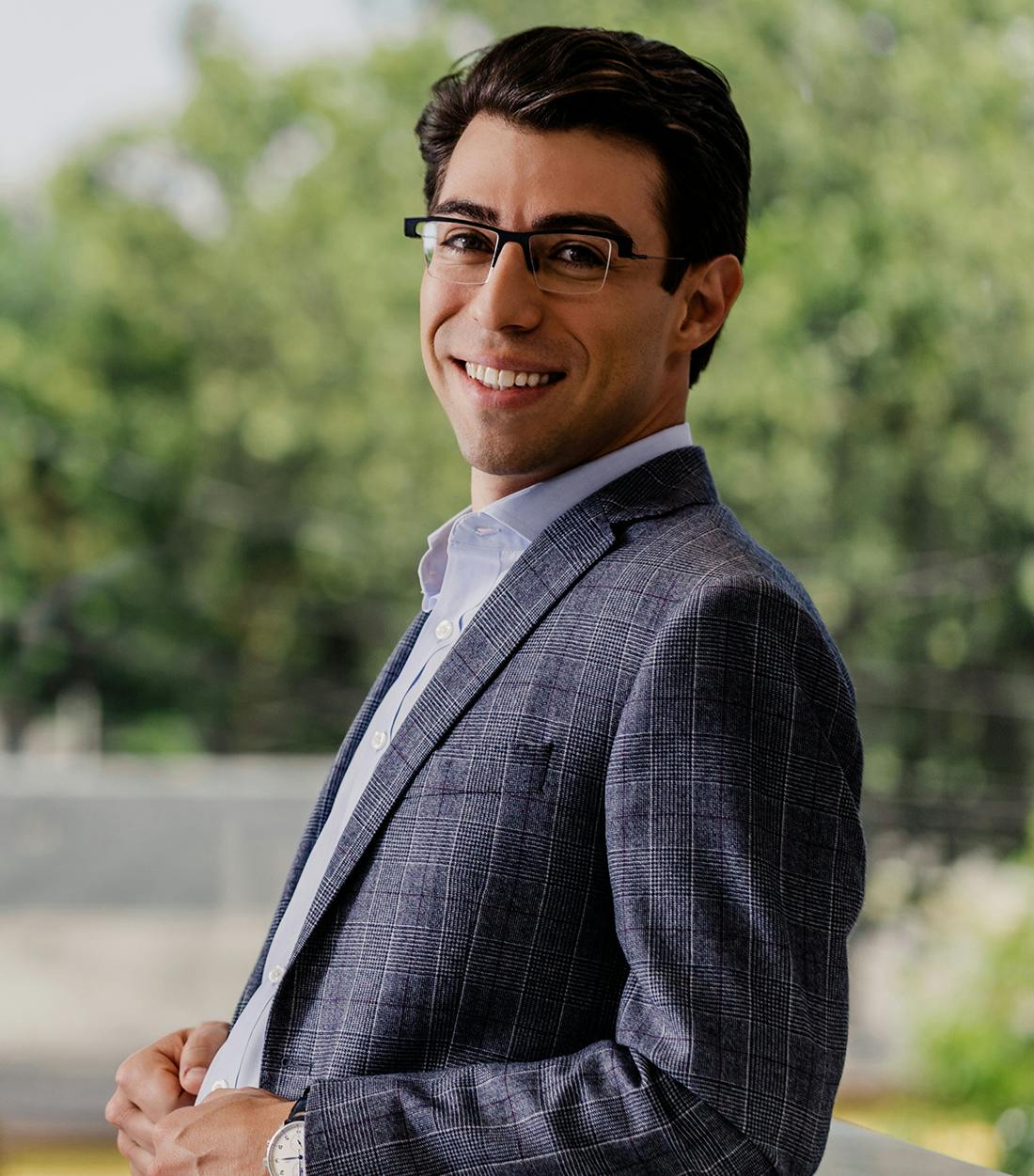Trauma, heavy earrings, and gauges can stretch or tear the earlobes. With age, the earlobes can become longer and lose their shape. If you’re unhappy with the way your earlobes look, Dr. Fisher can help resolve your aesthetic concerns with earlobe repair surgery.
How Long Will Recovery Take After Earlobe Repair?
The recovery period after earlobe repair is brief. Earlobe repair typically causes minimal trauma. Most patients are able to return to their work or general routine the following day of their surgery.
You will experience mild pain and discomfort in the area for two to three days as you heal. During this time, keep the sutured area clean and continually apply a thin layer of antibiotic ointment to your earlobe.
Patients who would like to pierce their ears again will typically need to wait for three months. When having their ears pierced again, the piercing will need to be done in a slightly different spot than the original piercing was, avoiding scar tissue.









